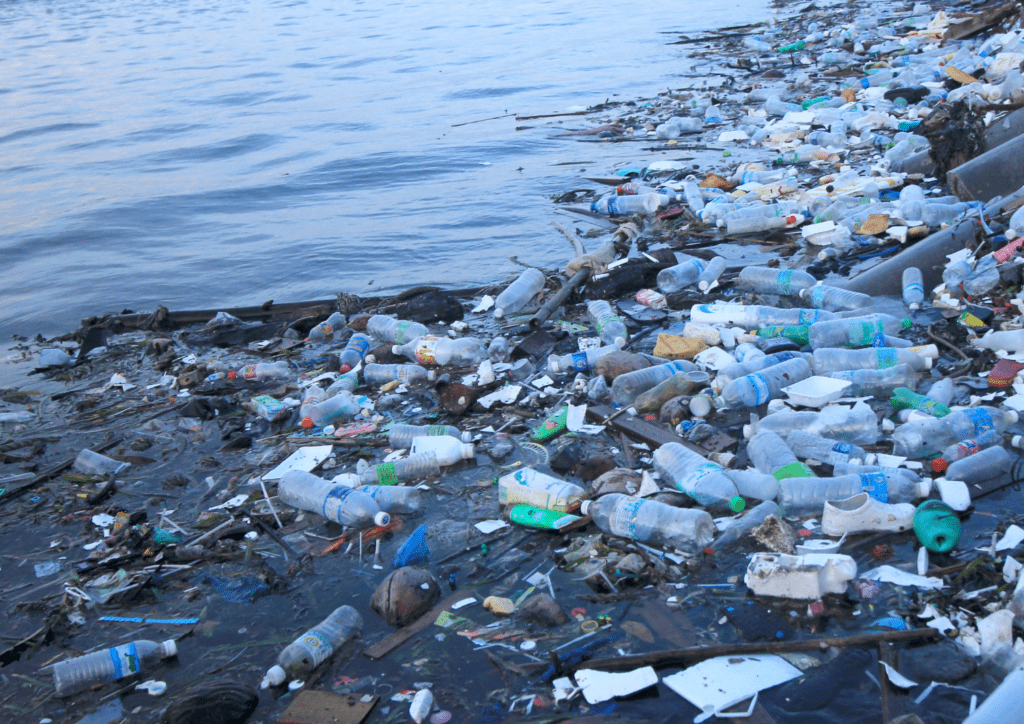ENVIRONMENTAL DEFENCE, WASTE WATCH OTTAWA, ZERO WASTE 4 ZERO BURNING, ONTARIO ZERO WASTE COALITION, CANADIAN ASSOCIATION OF PHYSICIANS FOR THE ENVIRONMENT, AND TORONTO ENVIRONMENTAL ALLIANCE
Groups call on government to work with beverage companies to expand deposit-return program
Toronto | Traditional territories of the Mississaugas of the Credit, the Anishinaabeg, the Haudenosaunee, and the Wendat – Changes to the rules governing Ontario’s blue box recycling program confirm it won’t ensure beverage containers are collected and refilled or recycled. Environmental groups are calling on the province to get back to work with all beverage producers to implement an expanded deposit-return system that can address beverage container waste and pollution.
All provinces with the exception of Ontario and Manitoba have effective deposit-return systems for a wide range of beverages, including alcohol, with high rates of return through the use of dedicated return depots and the participation of grocery stores.
“Pop and water empties are some of the most common litter in Ontario,” said Karen Wirsig, Senior Program Manager for Plastics at Environmental Defence. “We’ve known for many years that curbside recycling is not up to the task of ensuring cans and bottles are collected and refilled or recycled. Ontario needs to expand deposit-return to all beverage containers now.”
“Deposit return works in other jurisdictions,” noted Duncan Bury of Waste Watch Ottawa. “The province must legislate and beverage producers must implement a system for Ontario along the same lines as programs that producers and grocers successfully operate across the country.”
“After spending $612 million to speed up the rollout of alcoholic beverage sales in grocery and convenience stores, the Ontario government now needs to commit to addressing the problems those changes have created for people trying to return their alcohol empties,” said Linda Gasser of Zero Waste 4 Zero Burning. “We need deposit return in Ontario and the government must work with retailers who sell alcohol and are encountering legitimate constraints to take back empties. The bottom line is that deposit return prevents containers from going in the garbage, which in York and Durham means being burned in the waste incinerator. Burning these materials causes dangerous air pollution and increases greenhouse gas emissions.”
“The best way to manage beverage containers, including plastic, glass and aluminum cans, is to reuse or recycle them,” said Liz Benneian of the Ontario Zero Waste Coalition. “Having these useful materials end up buried in the ground or burnt in an incinerator is wasteful in the worst sense of the word, and is costly to the environment and human health.”
“We desperately need effective waste reduction and pollution prevention programs that help curb the demand for virgin plastics,” said Sehjal Bhargava, family physician and co-chair of the Canadian Association of Physicians for the Environment Ontario regional committee. “Physicians are witnessing an unprecedented health crisis linked to plastic, which threatens human health at every stage of its lifecycle, from oil and gas extraction to plastics production, use and disposal. It’s a matter of health today and for future generations.”
“Toronto, and most municipalities in Ontario, are grappling with rising waste costs,” said Emily Alfred, Waste Campaigner at the Toronto Environmental Alliance. “Instead of fixing the recycling, the new Blue Box regulation is going to make things worse for the environment and for our cities. Without a comprehensive deposit-return program, we’ll continue to see embarrassing amounts of cans, bottles and cartons littering our streets and parks and in our garbage bins.”
BACKGROUND
- Less than 50 per cent of non-alcoholic beverage containers are collected and sorted for recycling in Ontario. In provinces with effective and comprehensive deposit-return programs, recycling and refill rates are consistently close to 80 per cent.
- In changes to the curbside Blue Box regulations announced on September 5, producer responsibility for non-alcoholic beverage producers was reduced to include only drinks that people consume at home. This leaves at least 30 per cent of containers consumed away from home outside the scope of the regulation, and therefore much more likely to end up as litter or in waste disposal.
- Some 1.7 billion plastic bottles are thrown away or littered in Ontario every year.
- The provincial government abandoned work with stakeholders to establish a deposit-return program for non-alcoholic beverages in 2024 in favour of the Blue Box program. However, the recent Blue Box amendments make waste from beverage containers worse, not better.
- Ontario’s long-successful deposit-return program for alcoholic beverages is now under threat due to the closure of nearly 100 Beer Store locations, which serve as return locations for alcoholic beverage empties. Smaller and more remote communities are especially impacted by these closures.
- The provincial government has the opportunity now to bring producers of both alcoholic and non-alcoholic beverages together under one efficient and effective program.
– 30 –
For more information or to request an interview, please contact:
- Mira Merchant, Environmental Defence, media@environmentaldefence.ca
- Linda Gasser, Zero Waste 4 Zero Burning, gasserlinda@gmail.com
- Reykia Fick, Canadian Association of Physicians for the Environment, 647-762-9168, media@cape.ca
- Duncan Bury, Waste Watch Ottawa, www.wastewatchottawa.com
- Jessica Gordon, Toronto Environmental Alliance, jessica@torontoenvironment.org





